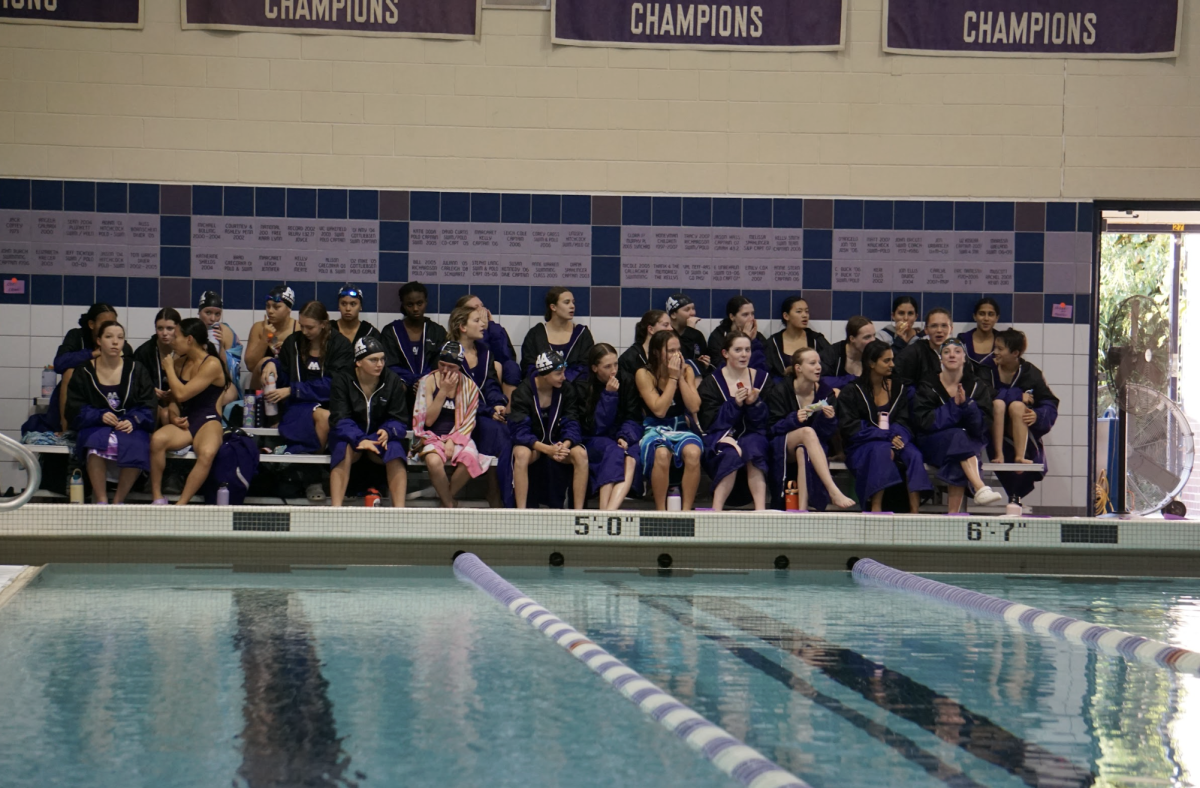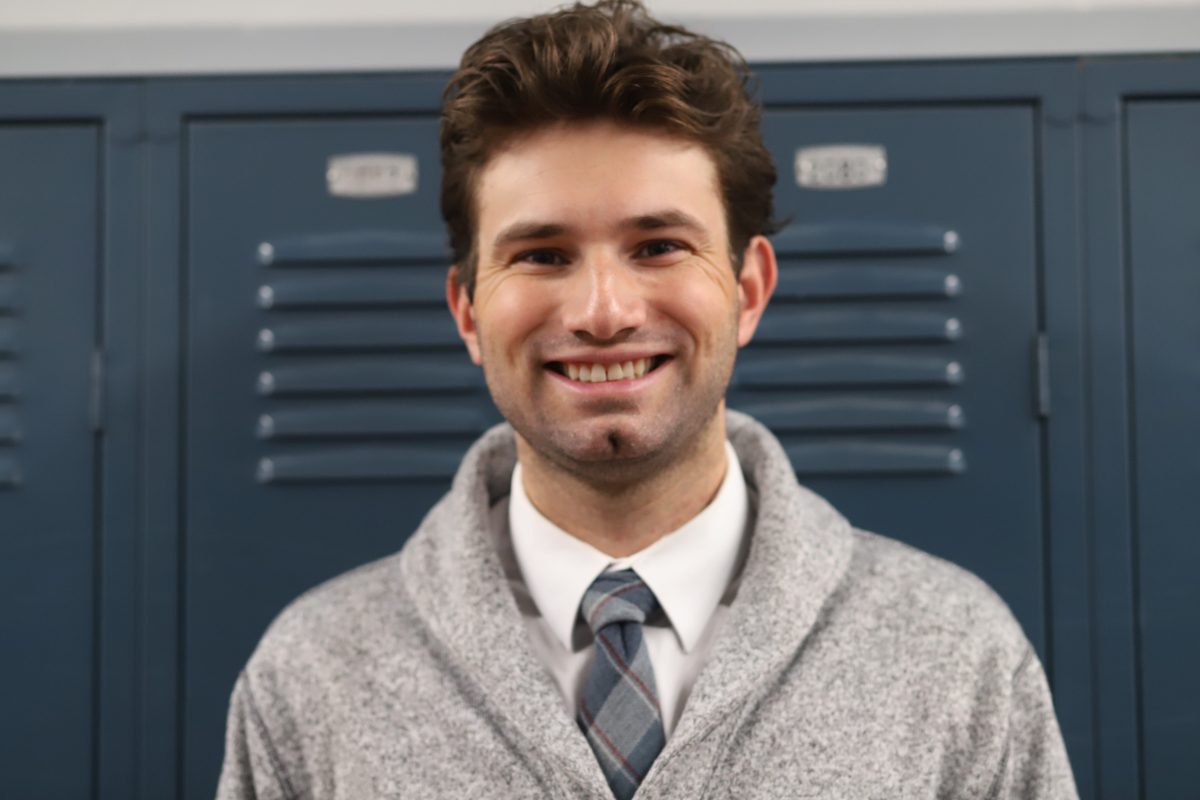Last week, students eagerly beginning to plan their schedules for the 2012-2013 school year were met with a big surprise: French 1 and Spanish 1 were both missing from the course schedule. But although this change may seem sudden and arbitrary to students, it’s actually a deliberate decision made after considering student’s needs, Michigan curriculum standards, and the abilities of the current world language teachers.
According to CHS counselor John Boshoven, the class of 2016 will be expected to complete two years of study in a foreign language before their high school graduation, as mandated by the State Board of Education. In response to the graduation requirement changes, middle schools have been ramping up their foreign language programs and encouraging students to “take a first year foreign language in middle school and come in with a year under their belt.”
And apparently, that’s exactly what next year’s freshmen have done. An orientation survey of incoming freshmen found that very few students are interested in first level languages. Laurel Landrum, the Spanish teacher at CHS, saw only around fifteen students planned to take Spanish 1 in the fall, and French teacher Danelle Mosher had even fewer prospective students. Neither teacher has enough freshmen to fill a whole class, so instead they’re cutting their level one classes and putting their time into strengthening the higher level classes in their languages.
“To not offer the French 4 class would be a disservice to the students who want to take upper levels,” explained Mosher, who will be offering French 2 and a split-class French 3/ 4 next year. Mosher’s declining enrollment numbers are mostly due to a lack of feeder programs. Because only a few middle schools have strong French programs, students are more likely to start out taking Spanish or German as eighth graders. And, as she pointed out, “Most kids that have taken a language in middle school want to continue with it and get that requirement met.” Very few of them want to switch to learning a new language like French.
Mosher doesn’t think that she’ll be able to reinstate French 1 two years from now, either. “I don’t anticipate that the numbers will jump for French 1,” she admitted. “Because of the way that the students are getting their first year in the middle schools, there really probably won’t be the same need.”
Landrum, on the other hand, isn’t totally discontinuing her Spanish 1 class. Instead, she’s developed a rotating scheme to balance the numbers of students in Spanish 1 and 2. Most years, Landrum has enough prospective Spanish 2 students to fill a section and a half, so she either has to offer one section and deny younger students entry or offer two sections and not fill her classes. And of course, she only has enough incoming Spanish 1 students to fill half a class.
Her solution to the dilemma? Offering Spanish 1 and 2 one year and two sections of Spanish 2 the next. Every other year, the students interested in taking Spanish 1 will be grouped together, and enough students will be held back by this development that Landrum will only need to teach one Spanish 2 class. On the off years, she’ll hold two Spanish 2 classes: one for the incoming freshmen and one for graduates of last year’s Spanish 1 class. “I’m creating this bubble that goes through every two years,” Landrum explained.
“People who skip it this year and start it as a sophomore will only ever get to level three before they graduate,” Landrum admitted, “but I feel like keeping people from starting is better than keeping people from continuing and having to take a year off if the classes are full.”
For those still interested in taking Intro French or Spanish next year, there are several options. “Kids can do the level if they want to,” Boshoven points out, “either by split-enrolling to another comprehensive school, of which there are three, or doing it online, or [through a] CR.”
Both language teachers are supportive of students taking the first level of a foreign language online. “I think the level one [Spanish online] is probably better than the levels two and three,” said Landrum. “The material in level one is kind of universal, whereas in levels two and three it starts to differentiate.”
Mosher, who will also be offering classroom assistance to French 1 Online students with an unofficial 7th block class, agrees with her colleague that for some students, an online class can be a great way to learn. “Students can move at their own pace in the online program,” Mosher said. “And being able to have conversation and relationships and connections with them… during that meeting time will also be really positive.”
Although none of the teachers want to see their level one classes go, they accept that it’s the best solution for the growing lack of interest in French and Spanish 1. “It seems necessary based on the numbers,” said Mosher, “and given that we need to make the best of the situation…”
“I think it’s the best we can do with the cards we’ve been dealt,” said Boshoven. “I’m not happy, but I’m a team player and I’ll work hard to make sure that Community High wins in the end.”















